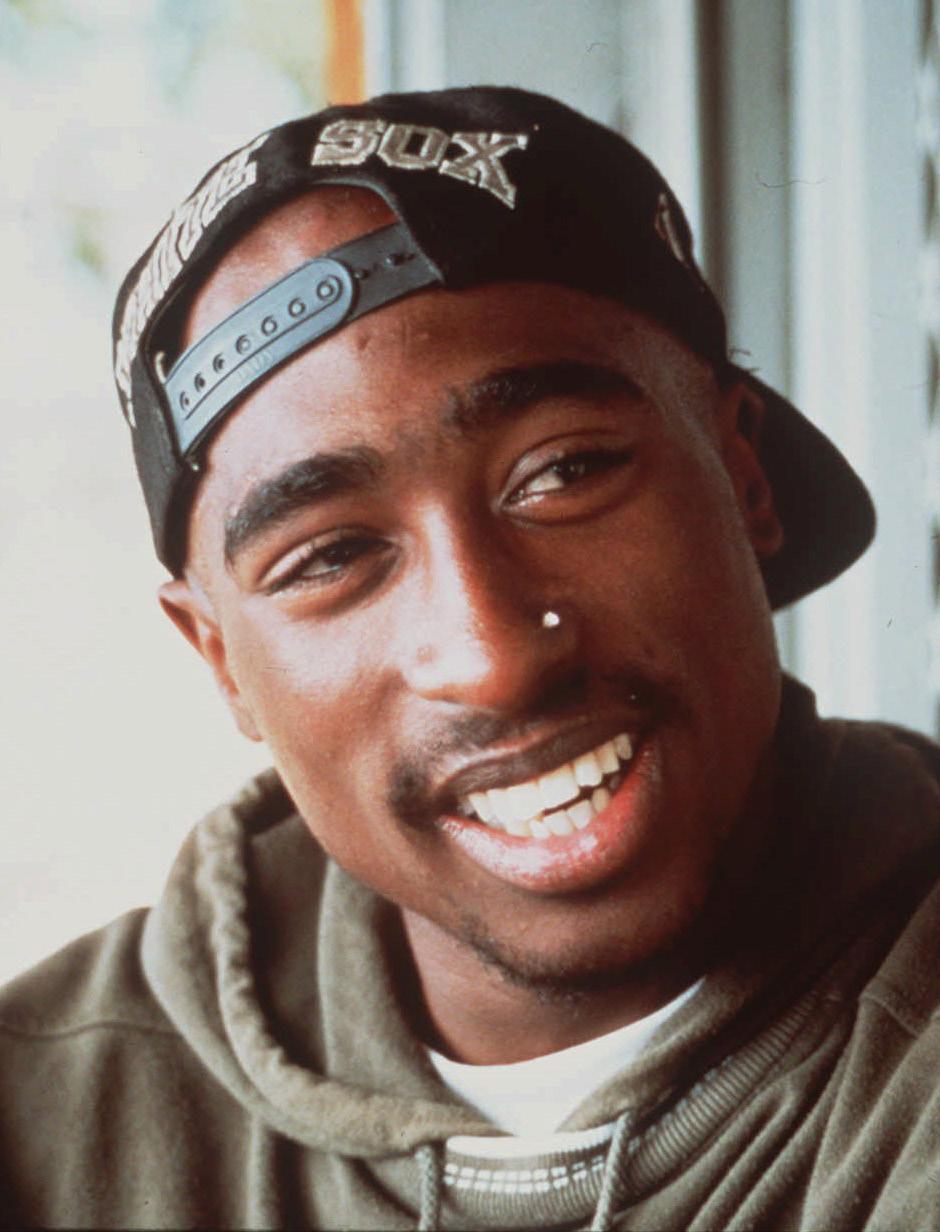
3 minute read
Religion & Spirituality
Reflecting on Tupac Shakur’s Black Panther legacy 25 years later
By AUTODIDACT 17 Special to the AmNews
Tupac Shakur
Monday marks the 25th anniversary of hip hop icon Tupac Shakur joining the ancestors after having been shot four times in Las Vegas Sept. 7, 1996 following a scuffle with Orlando “Baby Lane” Anderson at the MGM Grand a couple hours earlier. Coming of age as a Black Panther played a significant role in his development, as he was nurtured under the guidance of some progressive activists who propagated their self-determining ideologies. As he matured into adulthood, he also infused many of those elements into his music.
“I had a deep love and respect for Tupac, he was a revolutionary,” reflected Assemblyman Charles Barron, who soldiered with fellow Panther Afeni during the early-1980s. “He had a deep and profound love for his people and a deep sensitivity for the oppression and pain they were going through, and it reflected in his music.”
Born June 16, 1971 in East Harlem, he initially was named Lesane Parish Crooks. A year later his mother, Afeni Shakur, renamed him after the 16thcentury Incan anti-colonialist rebel who overthrew the Spanish conquistadors from Vilcabamba, Peru. He spent his formative years in Harlem, residing at 1838 Seventh Ave. Afeni was a prominent Panther activist, conducting clothing and food drives throughout the metropolitan area, and usually brought him and his younger sister, Sekyiwa, along.
He also noted the positive influences Panthers Mutulu Shakur, Geronimo Ji-Jaga Pratt and Jamal Joseph made in providing social stability for young Tupac to become “the rose that grew from concrete.”
“Tupac was raised in an activist family. Afeni took him to rallies, to visit political prisoners, and when she was a paralegal in the South Bronx, he witnessed this,” Jamal Joseph recalled. “If he was still with us, I feel things would be different. Not only with hip hop becoming the economic force it became, but also as a grassroots liberating force.”
In 1984 Tupac acted in an Apollo Theater production of “A Raisin In The Sun” while enrolled at the acclaimed acting troupe, The 127th Street Repertory Ensemble. In 1986 his family relocated to Baltimore. He unapologetically incorporated messages of Black awareness and empowerment into his art. “Tupac was on track to becoming an outstanding Panther cub, having both parents as Panthers definitely contributed to making that so,” noted Afeni’s Panther comrade, Tarik Haskins. “Also of importance was the hostile experiences the intelligence community subjected him to which inspired him to thoroughly embark on the academic journey and to craft his behavior in a way that the senior Panthers required the cubs to do.” In 1995 Barron visited Tupac at upstate New York’s Clinton Correctional Facility, where Pac revealed, Barron said, “plans to unite the youths: ‘When I come out I’m going to get these young people together. I can’t tell them to stop selling drugs, due to the code, but I can tell them to respect their communities,’” recalling Pac’s wisdom. Barron added, “He had a deep respect for the code, and that came out of him being a Panther baby, and Thug Life was a part of that. He’s had a profound impact on this generation, as well as those to come.” Jamal Joseph stated, “He had that real love for the people. In the BPP we’re taught to have an undying love for the people. Love them, serve them—mind, body and spirit. That’s the kind of household Tupac was raised in. To have that love for the community and be guided by that spirit.”
Tarik concluded: “Tupac is loved and very much missed. I think he would’ve been an inspiring leader in the movement. By him being a star already, that would’ve put him in position. He could’ve been one of those persons they call ‘the messiah,’ once he tallied up his experiences.”











